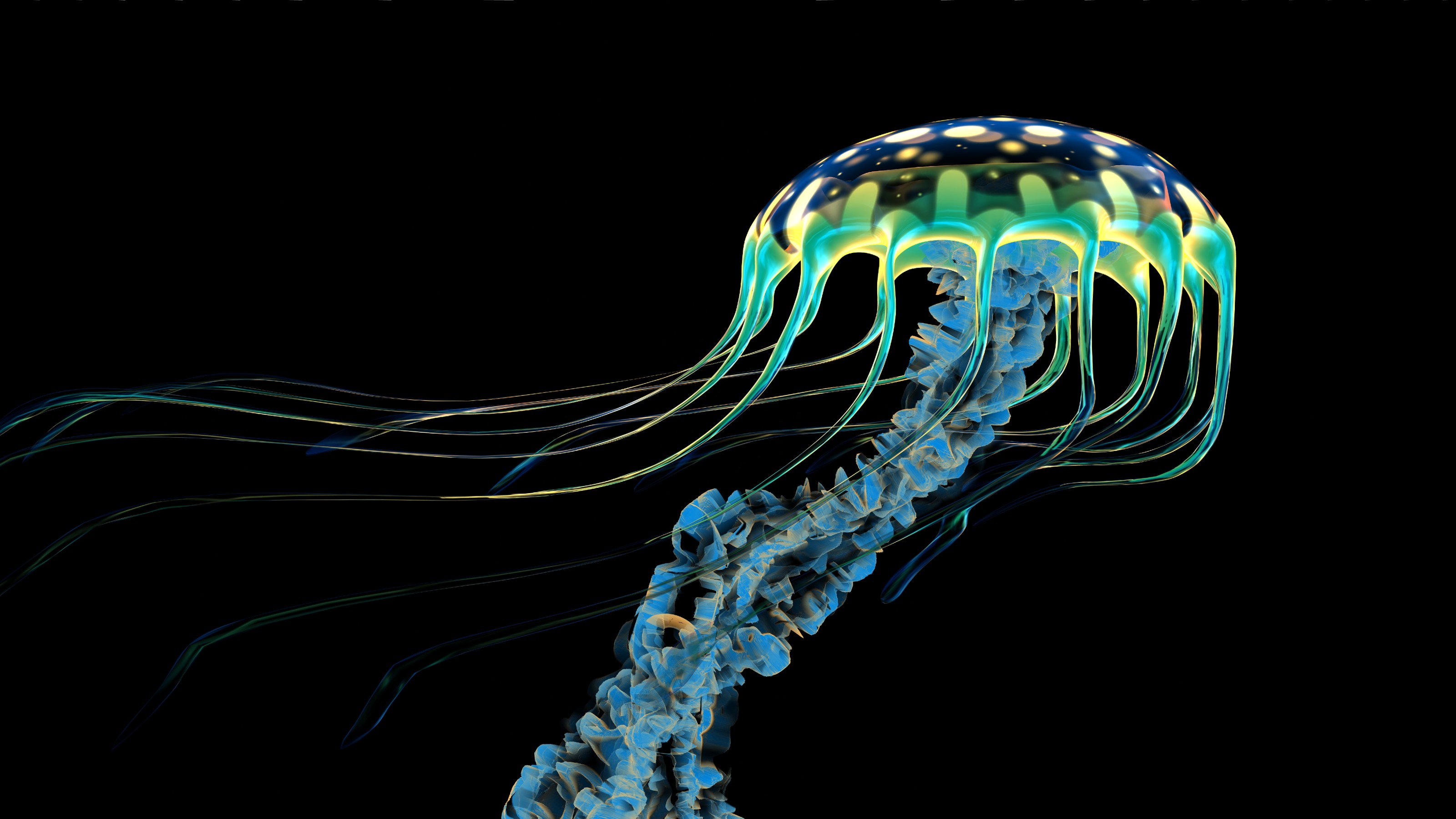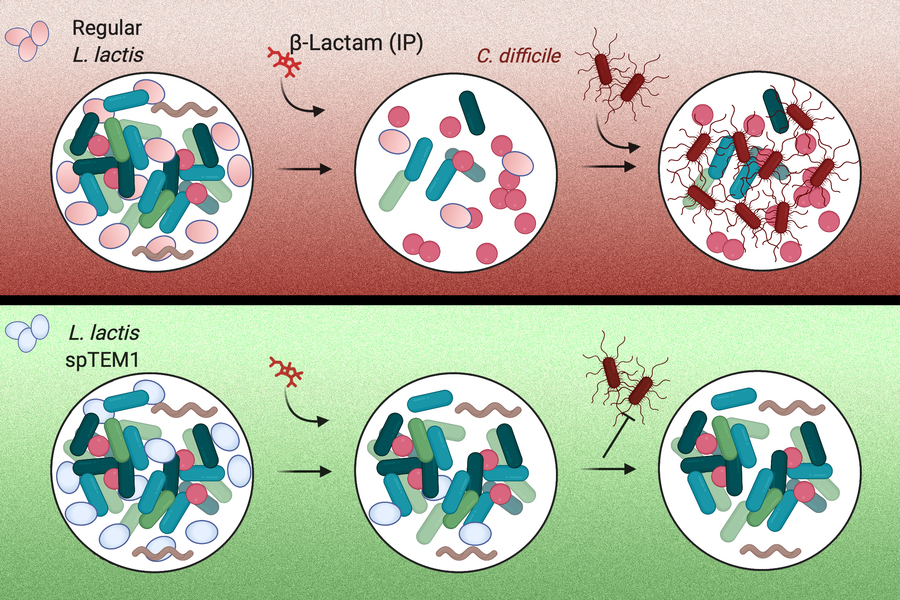Made for Nori
The intestinal microbes of Japanese people have enzymes that may be particularly suited for digesting the kind of seaweed that is commonly used in sushi rolls.
Sign up for the Smarter Faster newsletter
A weekly newsletter featuring the biggest ideas from the smartest people
The intestinal microbes of Japanese people have enzymes that seem to be particularly good at digesting seaweed. Researchers studying a common marine bacteria found an enzyme that breaks down the carbohydrates found in the cell walls of red algae — which is also known best as the nori seaweed that is wrapped around sushi rolls. The only other place gene code for the enzyme has also been found is in the bacteria in Japanese people’s stomachs.
Sign up for the Smarter Faster newsletter
A weekly newsletter featuring the biggest ideas from the smartest people




